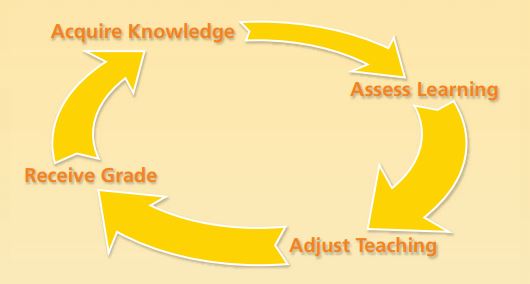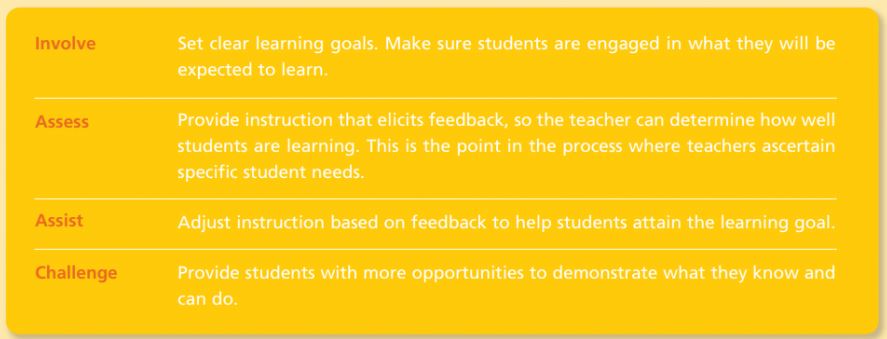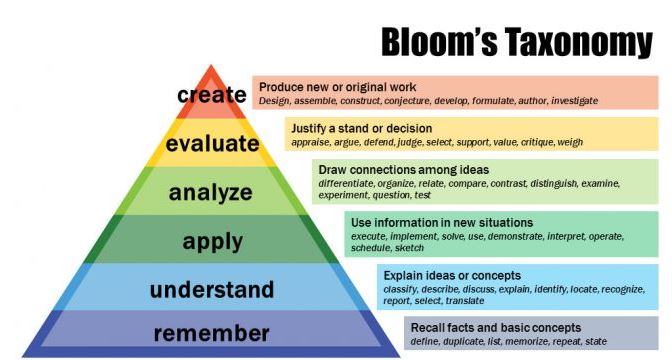Echo English is partnering with Pearson Education for the curriculum development and improvement on Big Fun series and Big English etc. Echo English has also developed series of short-term courses for Summer/Winter Camp which are loved by the parents and kids.
Echo's Curriculum Vision and Our Partnership with Pearson
Echo takes kids' learning seriously. One of the ways we demonstrate our commitment is through our curriculum development and especially our partnership with the publishing giant Pearson education. Echo has brought in material from Mario Herrara, arguably the top writer in the industry, material which supports not only a child's language development, but also their cognitive development. Our two major programs are Big Fun, for preschool-age students, and Big English, for primary-school students. Both of these programs have philosophies similar to Echo's mission – to create smiling children who can use authentic English in authentic situations.

① CLIL
1. Build intercultural knowledge and understanding
2. Develop intercultural communication skills
The process for teachers looks like:
1. Select a topic
2. Find a natural link between the topic and real life
3. Find authentic material on that topic
4. Define a realistic task to be done with that material
Authentic material and authentic tasks are much more engaging for students than bland language practice, and CLIL prepares students for real interaction, which our competitors focus on sterile mimicry in classrooms. As I always tell our teachers, “focus on authentic tasks and build your entire lesson toward those authentic tasks.”
② Assessment for Learning
Assessment for Learning is often called “formative assessment”. While *tests* are often thought of as something to have at the end of a unit, formative assessments happen in the middle, and they help teachers to modify instruction to meet unexpected student needs. Instead of a teach → test method, AFL process looks like the following diagram:


Assessment for Learning, or formative assessment, is a powerful tool to make sure that all students are achieving. All our new teachers receive extensive training in both Backward Planning and Assessment for Learning to help make sure students are meeting learning goals.
③ 21st-Century Skills

Maybe you've seen Bloom's Taxonomy before, but if you haven't, you should know that it is a major focus of modern teaching. Traditional learning focuses on understanding and memory, the bottom two layers of this pyramid. Of course, these skill are important – they are after all the foundation – but learning is not complete without being able to use the understanding, and Bloom's Taxonomy forces modern teachers higher up the pyramid, into application of the knowledge, analyzing, contrasting, arguing, etc. These higher-order skills push language learning to the next level, and they are an important measurement of how we evaluate our teachers, but they are not athe entirety of 21st-century skills.
A 21st century classroom involves:
1. Up-to-the-minute content that is relevant to students’ lives
2. Bringing the world into the classroom and promoting global connections
3. Taking the students out into the world beyond the classroom
4. Creating opportunities for students to interact with each other and work collaboratively
All of Echo's classrooms have modern technology integration. The lessons connect students with the outside world and with other cultures through science and social studies lessons. Students are expected to work collaboratively and to have authentic interaction with each other. The emphasis on authentic learning tasks has already been mentioned.
©2017 Echo English All rights reserved Web Map | Terms of Use | Privacy Policy | Foreign Teachers | Foreign Affairs Service
